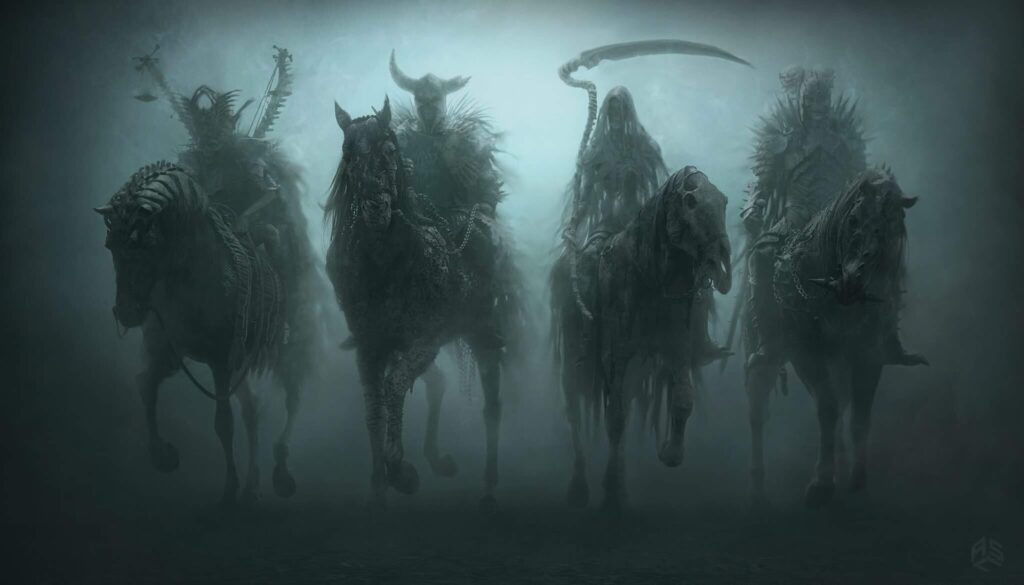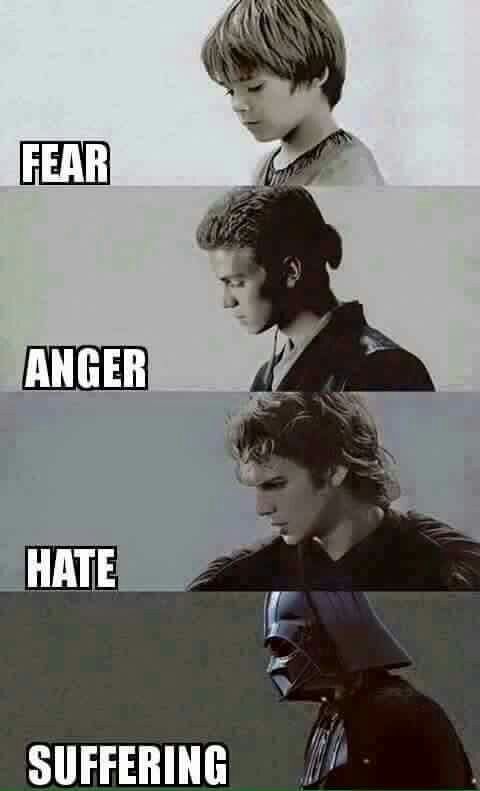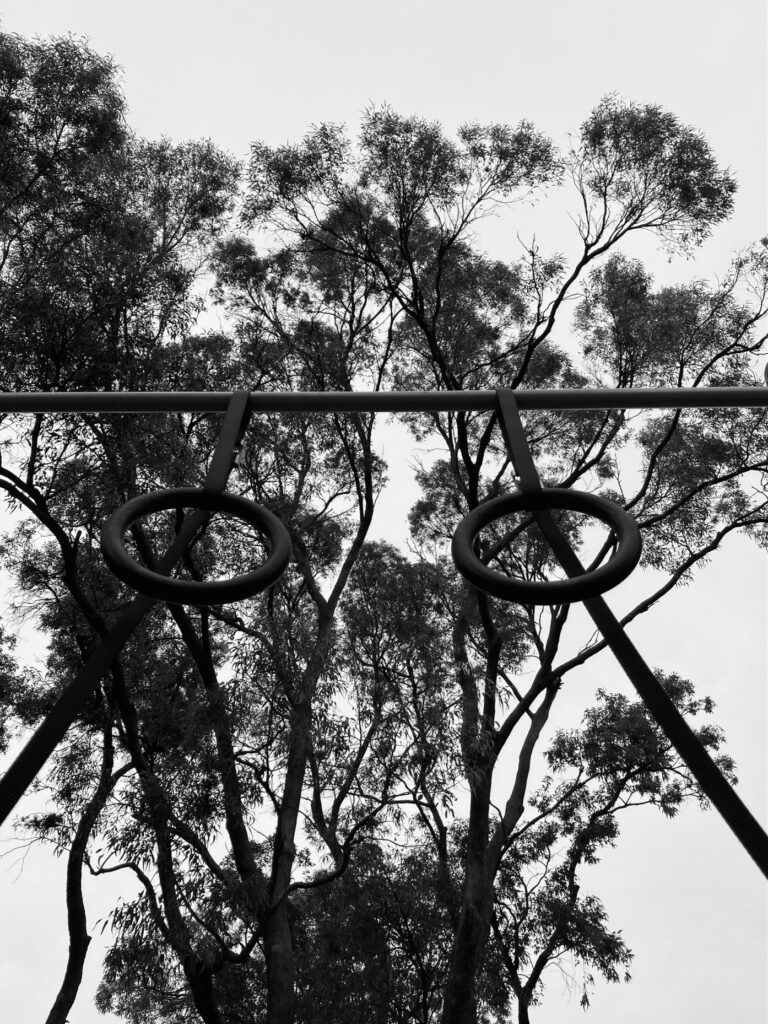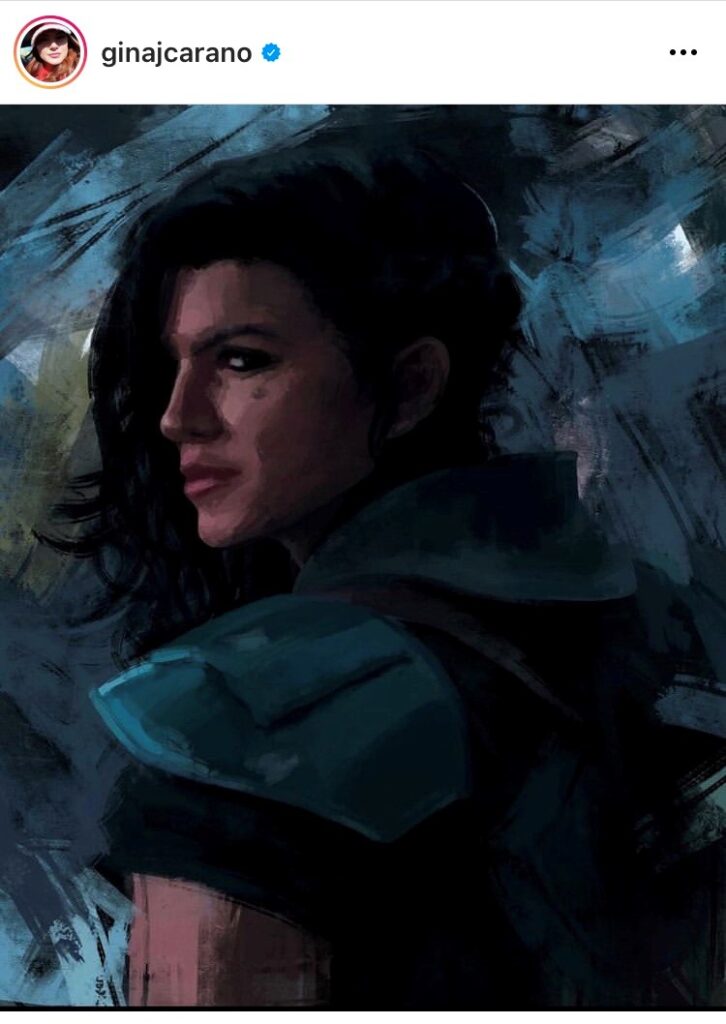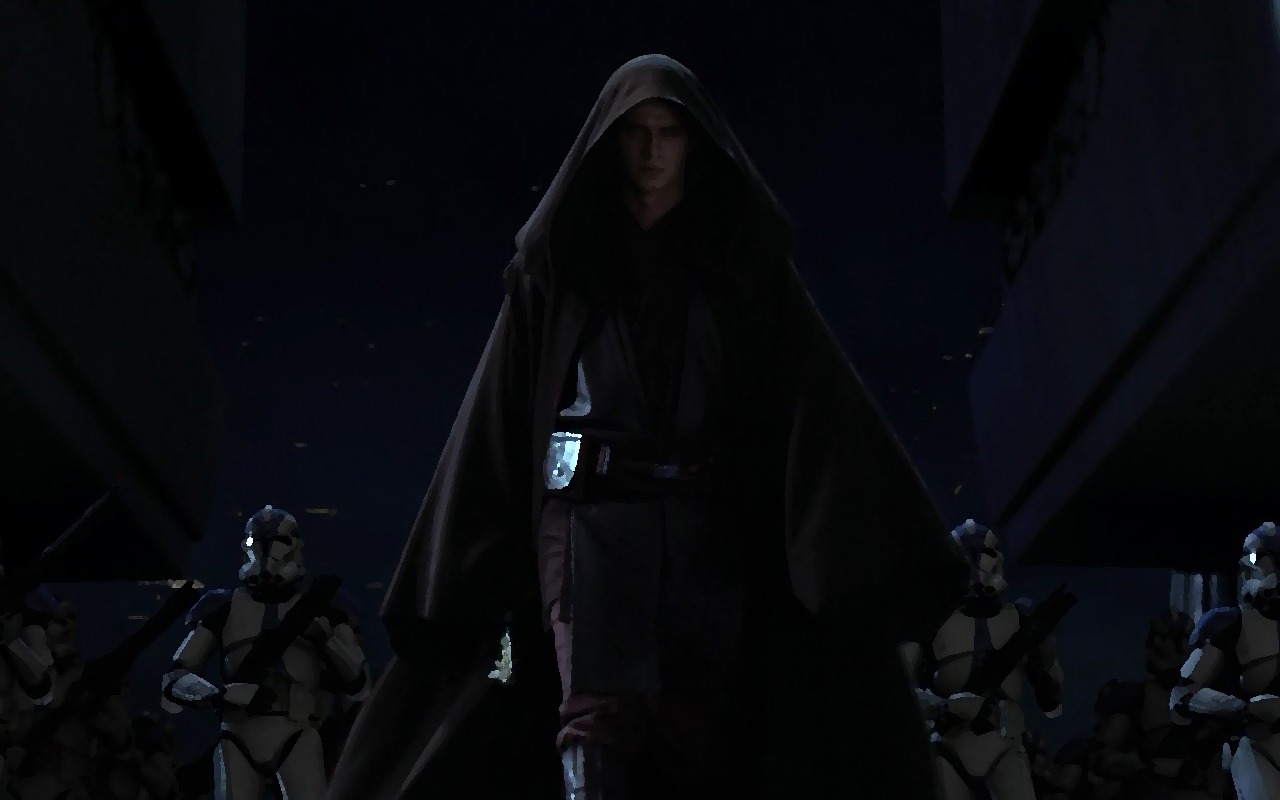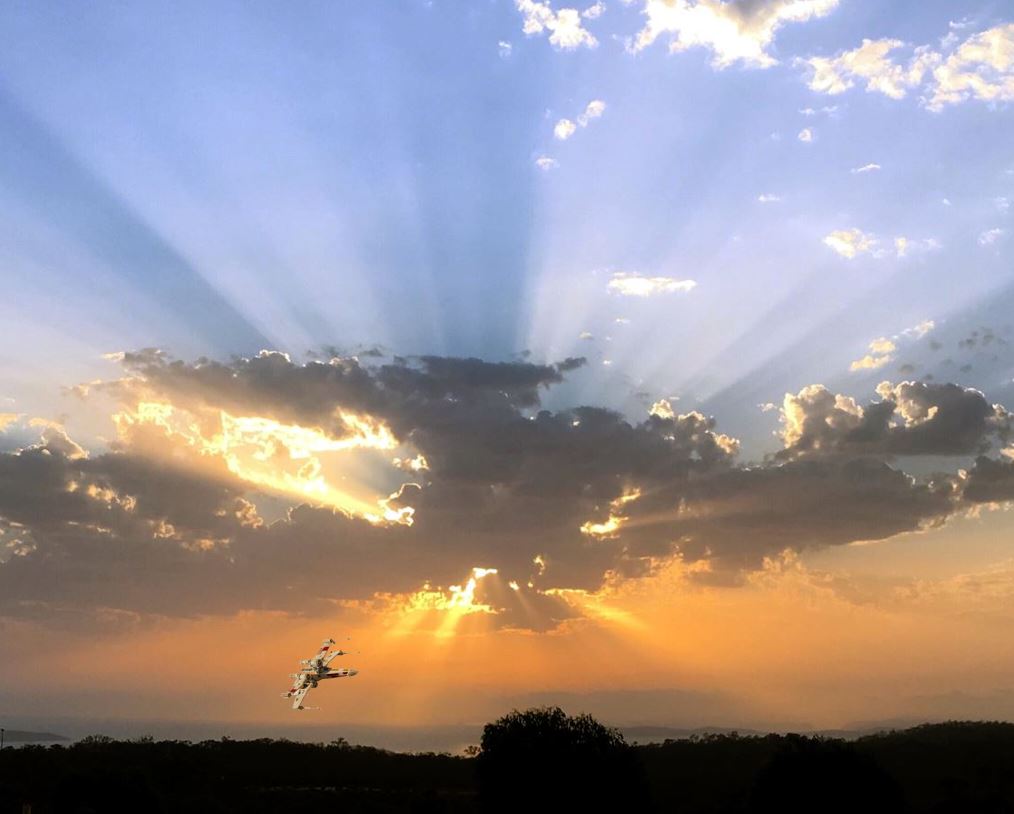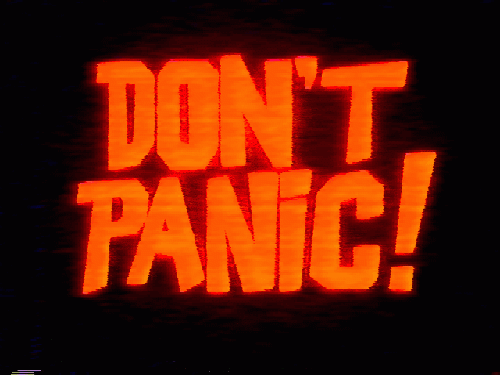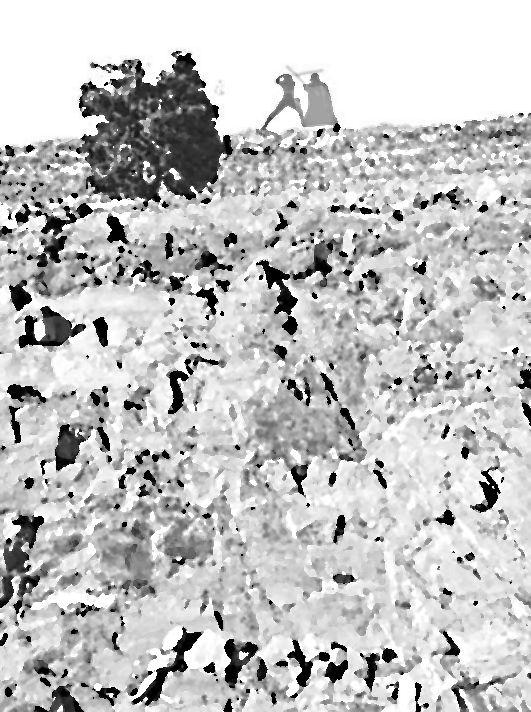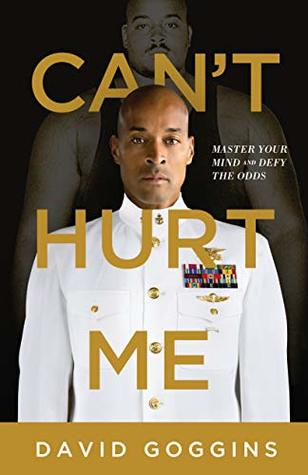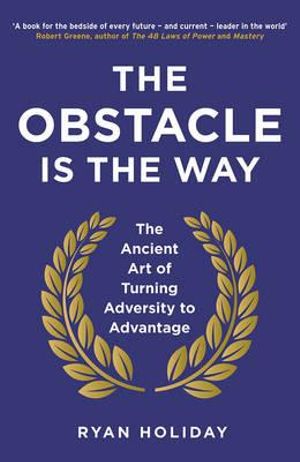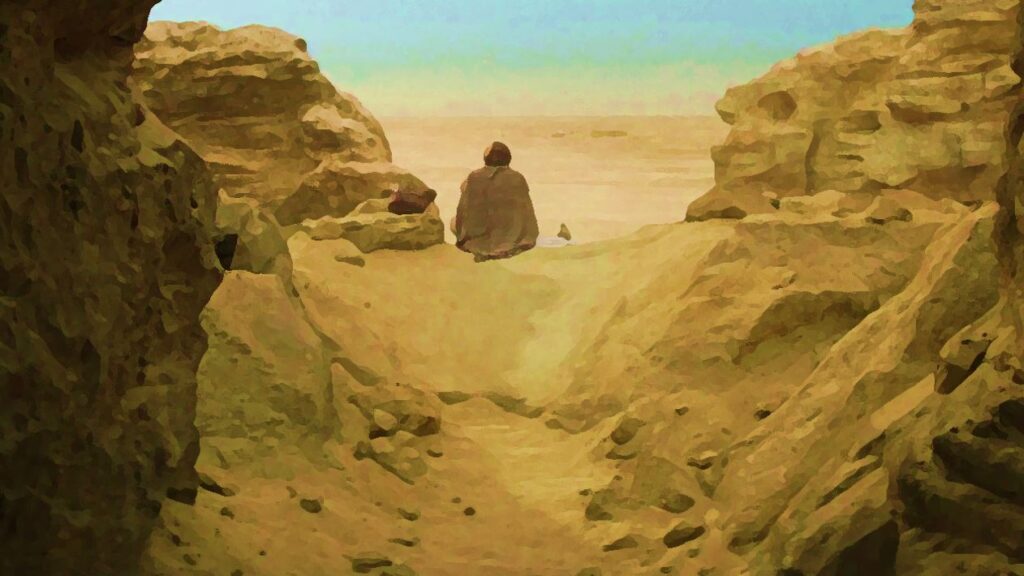
Recently Obi-Wan Kenobi made a return. The long-anticipated series “Kenobi” debuted on Disney Plus. Some people love the series, and some people hate it. I am still undecided exactly where I sit on the spectrum but at the conclusion of the fourth episode I would be reside somewhere in the middle ( a discussion for another time). What I notice most about the series is the character Kenobi. How his character develops, the relationships he has with others, his many flaws and how he struggles with them, the choices, and mistakes he makes.
I believe that Ewan McGregor gives the role the respect it deserves within the limitations and flaws of the story writers vision. Despite the shortcomings I see Kenobi as he is meant to be. Kenobi is a teacher, a protector, and a Jedi but most of all a man struggling with memories, his fears, and vulnerabilities a decade after the events on Mustafar.
The Advocate
“You think the less you say, the less you give away, but really it is the opposite” – Leia Organa (Obi-Wan Kenobi)
Of all the Star Wars characters I have always best identified with Kenobi. Like me, the character is an introvert and a natural loner, but he does not shun the company of others. Kenobi is a recluse out of the necessity of his mission to watch and protect Luke without drawing attention to himself or the boy. Like myself, Kenobi is reserved, yet friendly, quiet but at the same time not silent when words must be spoken. He is ready to act but never impulsive yet at times he struggles with decisions.
Kenobi struggles to say no, especially when asked for help and finds it hard to look the other way when an injustice is being done. Compassion is his strength and weakness. I am also blessed and cursed with these traits. Kenobi is a complex character, a typical introverted intuitive, an “Advocate” INFJ type personality who is often misunderstood and underestimated by others. Like Kenobi, I am an INFJ, the rarest personality type.
If I came across a shambling, silent and downcast “Ben” in the real world I would wonder if he were an active alcoholic. I would be drawn to Ben out of a sense of familiarity because I would see many similarities between him and me. There is a good chance that I would be compelled to speak with him, to get to know him and learn his story. I would be blind to his demeanor and not easily put off or pushed away as I would recognize his trait as my own form of defense. Like attracts like.
Demons
“If ever I need guidance Master, it is now” – Obi-Wan Kenobi.
Let’s imagine that over the years of sitting in the desert in his cave, keeping an eye on Luke and doing casual labor at an abattoir Kenobi has become alcoholic. Unable to drink socially in a local saloon for fear of drawing attention to himself and alerting the Imperial Inquisitors of his presence he chooses to stop by the trading post on his way home every day and buy a quart of Tatooine moonshine. The alcohol helps him sleep, or so he tells himself as he mounts his Eopie for the long ride home.
Every night Kenobi drinks from the bottle and tries to drown out the memories of the past. The voices of long dead friends come back to haunt him. Kenobi is back on Geonosis. He can hear the cries, the screams, and the roar of battle. The silence of the desert and the dance of the flames of the fire in his cave casts shadows on the wall that come to life. Kenobi can see clone troopers fighting with droids, men cut down and mutilated under a storm of laser bolts. Lightsabers flash, troop transports and gunships explode and fall from the sky in flames.
Sleep takes Kenobi and he is back on Mustafar the heat and smell of Sulphur and burnt flesh is overpowering, the screams of Anakin and Padme seem combined, merged. Anakin, the chosen one, is lost to him and he can hear the words “I hate you!” echo in his mind. He sees the twisted form of Anakin rise charred black and in flames like a Demon and transform into Darth Vader before his eyes. A Lightsaber ignites and Vader advances on him. Kenobi can hear the mechanical breathing and the words “Now I am the Master”. In horror Kenobi casts his Lightsaber aside and flees.
His eyes fly open, the suns have risen, the fireplace is cold, the dream recedes and sudden fear grips his chest “the boy!”. Kenobi settles himself and shaky hands reach for the bottle now empty. This happens every night for years on end.
My Name is Ben
“Help me Master Qui-Gon. Give me strength” – Obi-Wan Kenobi
Now Imagine Ben at a 12-step meeting. Ben would be the guy sitting silently at the back of the room trying not to draw attention to himself quietly observing others in an unobtrusive way. He would give out no “bad vibes”, he would just be there seated in the shadows or in the corner. That’s what I would do, I always take the corner and try to face the door. I try not to stand out. Ben would probably go unnoticed and to the question “is there anyone new or coming back?” he would probably give a slight nod or remain immobile. Ben would go to a few meetings before speaking but only if prompted and he might say the following:
“Hi, my name is Ben K and I’m an alcoholic” (the room responds with hello Ben). “I started drinking a long time ago and over the last few years I let it get away from me. I guess it had a lot to do with the death of a close friend, who I’ll call a brother. My friend died because I failed him, I failed to show him the right path. I tried but it was not good enough. I was too late to act, too blind to see where he was going and what he had become. I was blinded by duty. Because of that he and a lot of people close to me paid with their lives. Now I am here doing what I can to make it right but it’s not enough and it’ll never change what happened. Nothing will change what happened. I can’t claim what’s lost. So, I drink, and I wait till the time comes for me to face him and myself, to end it all at last”….
Man on Fire
“Only when eyes are closed can you truly see” – Obi-Wan Kenobi
Kenobi is a fantasy adventure that will somehow weave its way into the Star Wars canon that began 45 years ago with a New Hope. It is a story that introduces new characters and new character arcs. Leia is a stubborn, smart, and mischievous girl of 10 years. Luke remains cloistered on the farm under the protection of his uncle. There are new protagonists and antagonists. No one can tell where it will lead to. I’ll put my own spin on Kenobi without deferring at all to the book “Kenobi” which resides in the Expanded Universe. We have no idea what happened to Obi-Wan Kenobi between his exile to Tatooine after the fall of the Republic and his reappearance in a New Hope as the mysterious hermit “Ben”.
My spin is that Kenobi let himself become “Ben” because of his guilt and loss he hit rock bottom in the first decade of his exile. Like the character Creasy in the novel “Man on Fire” by AJ Quinnell, Kenobi had an existential crisis that led him down a very dark path towards self-destruction and despair. In “Man on Fire” it is a young girl who Creasy is employed to protect that causes the embittered and burnt-out veteran mercenary to find his humanity again and give up drinking. I believe that Leia is the rope that pulls Kenobi back from the dark pit of depression that “Ben” has dug himself into on Tatooine. Leia is the catalyst that restores Kenobi to his former self, forcing him to accept the call to adventure, to face his shadow and become Jedi once again.
Memory of Hope
“Obi-Wan Kenobi. Now that’s a name I’ve not heard in a long time. A long time” – Obi-Wan Kenobi
How Leia loses her memory of Ben-Kenobi later? I don’t know but maybe Kenobi uses a mind trick on her as a selfless act of love so that she is spared the truth of her origin to protect her from Vader until the day she is ready to meet her destiny. In this way Kenobi repays her for the hope she gave him.
Kenobi is a story of recovery and redemption of a man called “Ben” and the second birth of a Jedi named Obi-Wan Kenobi. It is the journey of a man who is broken emotionally and spiritually and has cut himself off from the force. I can relate to that because that is exactly what alcoholism does, it leads to slow physical, emotional and spiritual bankruptcy and cuts us off from a Higher Power I call the Force. Through recovery we regain our sovereignty and self-respect, and we learn to replace the ego with a sense of a Higher Power in our lives. We don’t need to “see” to believe, we have Faith. That in essence is the spirit of the “Hero’s Journey”.
“How does it work? The Force. What does it feel like?” – Leia Organa
“Have you ever been afraid of the dark? How did you feel when you turned on the light?” – Obi-Wan Kenobi
“I feel safe” – Leia Organa
“Yes, it feels like that” – Obi-Wan Kenobi

